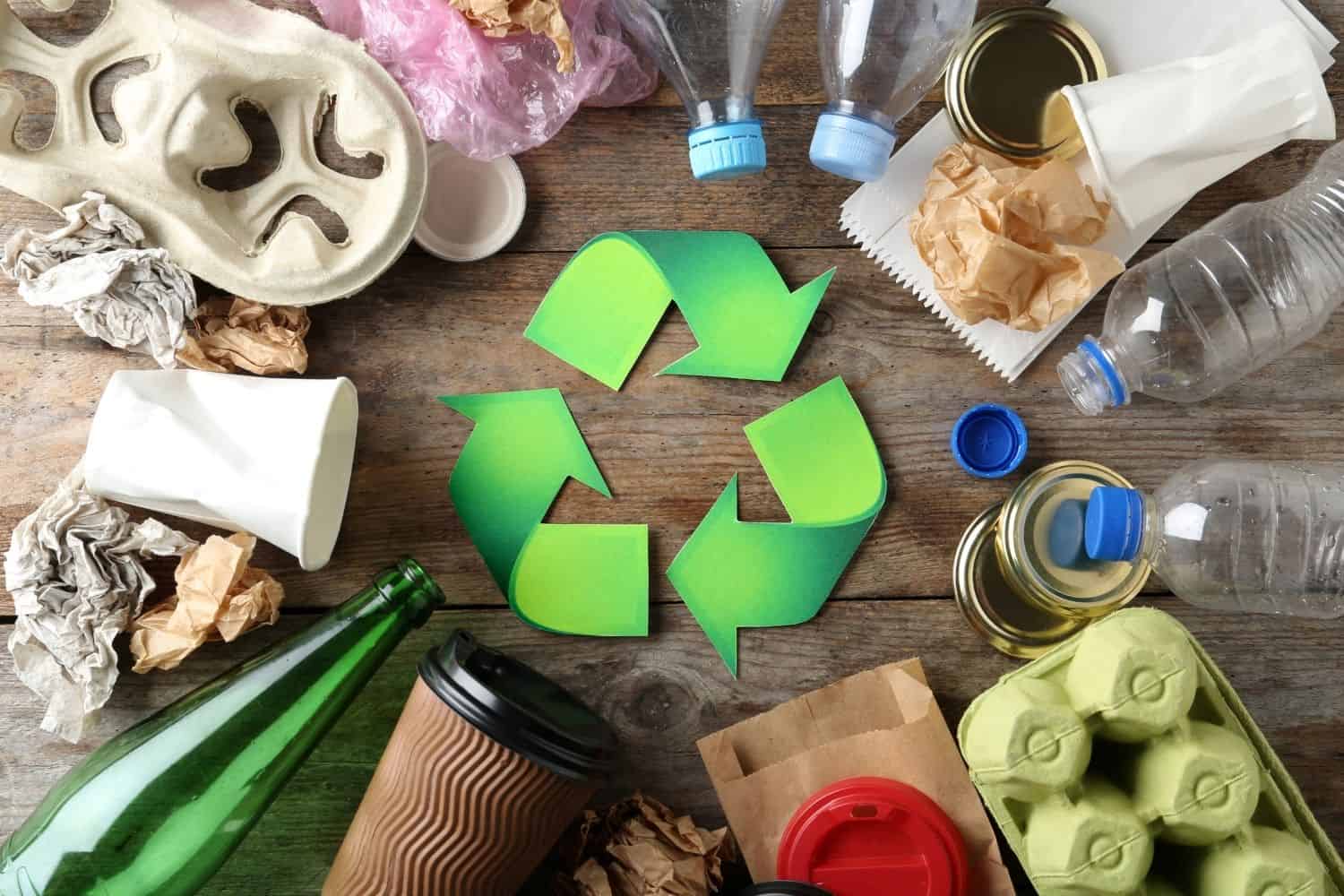The Government Communication and Information System partnered with the Department of Environment, Forestry and Fisheries on this matter. And on Wednesday, October 13th, a masterclass on waste management as a business model for the youth was hosted.
The main goal of the class was to empower young people with “information on the economic, training and funding opportunities that exist within the waste sector, and encourage entrepreneurship to create sustainable eco-friendly jobs and drive the country’s economic growth”.
The masterclass ended with the message that it is important to train and educate the youth in the waste sector and green economy. And instead of waiting to be employed, the youth is urged to create employment.
Thabo Magomola speaks at the masterclass
Thabo Magomola, the acting Chief Director: Chemicals and Waste Policy, Monitoring & Evaluation at the Department of Environment, Forestry and Fisheries, also addressed the government-led masterclass.
“Significant opportunity exists to maximise the recycling of chemicals and waste, and expand the value of the chemical and waste economy, while sustainably minimising the environmental and health impacts by reducing chemical waste, as early as possible in the value chain,” Magomola said.
Accelerating waste recycling, waste-to-energy and waste beneficiation, Magomola said, will be key to unlocking the possible economic opportunities in the waste sector.
According to Magomola, “increasing recycling and beneficiation of waste as a contributor to the circular economy has the potential to create 150 000 new jobs by 2024”.
Tshepo Mazibuko shares some insight on waste management
In a bid to encourage the youth to get involved in employment and seek opportunities for themselves, Tshepo Mazibuko was another guest speaker at the masterclass. The Managing Director of K1 Recycling took the time to share some insights on the importance of waste management and how to turn waste into income.
During the masterclass, Mazibuko shared that he started working as a waste picker after struggling for 4 years to find employment. He started by collecting recyclables from rubbish bins and later learned that he can turn it into a successful business.
“After registering my company in 2011, I wanted to get into the recycling space but realised that it required machines that were very expensive. That’s where the Department of Environment, Forestry and Fisheries came in with a grant of R5 million to assist me to buy machines and to create more jobs,” he said.
Thanks to the government department, his company K1 Recycling, could afford to buy processing machines from China. And before the COVID-19 pandemic, the company employed 21 permanent staff and had a total of 800 waste pickers.
Mazibuko has urged the youth to start researching the waste management industry and start off small in their communities.
Media Statement: Youth urged to turn waste into income
